
This is a translation of a Turkish article originally published by AVİM on November 6, 2024. AVİM Translator Ahmet Can Öktem contributed to the translation of the article.
Wikipedia is a digital encyclopedia which internet users utilize in order to find quick answers, but its sources are usually not questioned. Even if it is used for learning information that is non-controversial, as it is a user-driven system, it quickly turned into a platform including “controversial” topics. Over time, internet users overall became inclined to believe that the information they are “exposed to” is “true”. The controversial issues have carried over into the subjects that AVİM is focuses on scientifically. Aside from the subjects we analyze, the description of AVİM alone was attacked on Wikipedia’s English page by “digital mercenaries”[1]. With time, Wikipedia’s credibility has been compromised for those seeking accurate and unbiased information. Institutions and universities that are aware have continuously emphasized for years that Wikipedia should not be considered as a source for academic research. AVİM’s principles are in line with the concerns of such esteemed institutions and universities. As such, AVİM has never used Wikipedia as a source in its commentaries, analyzes, academic articles or other work. However, this commentary may be considered as a first instance, as some links will be presented to show the double standard. These examples will be demonstrated in order to indicate how Wikipedia is not a credible “source”, but is on a slippery slope. The titles’s subject focuses exactly on this: How are the titles “Western Azerbaijan” and “Western Armenia” assessed in Wikipedia?
As AVİM followers and many people interested in the Armenian issue know, the desire for peace in the South Caucasus has been expressed blatantly, especially in the last four years. There are certain conditions put forward by the parties in order for this wish for peace to be realized. If these conditions are met, the prospects for peace in the region will be strengthened. Among these conditions, the one that is directly related to the subject of this article is the amendment of the Armenian Constitution. Armenian Prime Minister Nikol Pashinyan has come to be known as the Armenian leader who took the most decisive steps to amend the Armenian Constitution. Although Pashinyan is aware that this is not an easy task, his approach has been welcomed by Türkiye and Azerbaijan.
The significance of the change in the Armenian Constitution would be explained with the “Declaration of Independence” and followed by “references to the borders of Türkiye and Azerbaijan”. Of course, the issue of so-called genocide is another important factor for Türkiye, but that is the subject of another article. Going back to Armenia’s Declaration of Independence, it refers to the territory in the east of Türkiye as “Western Armenia”. It is possible to find the equivalent of this expression on Wikipedia. There are even imaginary maps on the page on which the said region is marked.[2] The delusions are so dated that they are based on the “fictitious Wilsonian Armenia”, which was rejected by US President Woodrow Wilson’s Senate. Of course, the fact that it was rejected by the US Senate was omitted on the Wikipedia page. However, the year 2000 is indicated. These statements were made:
“Western Armenia (Western Armenian: Արեւմտեան Հայաստան, Arevmdian Hayasdan) is a term to refer to the western parts of the Armenian highlands located within Turkey (formerly the Ottoman Empire) that comprise the historical homeland of the Armenians. Western Armenia, also referred to as Byzantine Armenia, emerged following the division of Greater Armenia between the Byzantine Empire (Western Armenia) and Sassanid Persia (Eastern Armenia) in AD 387. Since the Armenian genocide, the Armenian diaspora as well as Armenians indigenous to modern Turkey have sought political representation in Western Armenia or reunification with the Republic of Armenia.
[…]
Since 2000, an organizing committee of the congress of heirs of Western Armenians who survived the Armenian genocide is active in diasporan communities.
A 2014 survey in Armenia asked what kind of demands should Armenia make to Turkey. Some 80% agreed that Armenia should make territorial claims (30% said only territorial claims, while another 50% said territorial, moral, financial, and proprietary). Only 5.5% said no demands should be made. According to a 2012 survey, 36% of Armenians asked agree or somewhat agree that Turkish recognition of the Armenian Genocide will result in territorial compensation, while 45% believe it will not. The online publication Barometer.am wrote: “It appears that our pragmatic population believes that all possible demands should be forwarded to Turkey [...] but a relative majority consider the practical realization of territorial claims to Turkey is unrealistic.”
The page continues to express propaganda of the so-called genocide, which Türkiye has become accustomed to.
A look at Wikipedia’s page for the term “Western Azerbaijan” will show that the description “irredentist concept”[3] is written next to the title. In Britannica’s web page, irredentism is defined as such: “Irredentism, territorial claim based on a national, ethnic, or historical basis. The term irredentism is derived from the Italian word irredento(“unredeemed”). It originally referred to an Italian political movement during the late 1800s and early 1900s that sought to detach predominantly Italian-speaking areas from Switzerland and the Austro-Hungarian Empire and incorporate these territories into the new Italian state, thus “redeeming” these territories. Under modern usage of the term, in many cases, an irredentist movement is referred to as creating a “Greater X,” with the “X” being the name of a country or state.”[4]
When a simple internet search for “Greater Azerbaijan” or “Greater Armenia” is made, a “Greater Armenia” that completely fits this description draws attention.
There are many aspects in which the term “Western Azerbaijan” differs from the term “Western Armenia”. One of the differing points is the Armenian Declaration of Independence, a written text that is an annex to the Armenian Constitution. Compared to Azerbaijan’s individual and political discourse, the statements in Armenian “Declaration of Independence”, which is part of Armenia’s Constitution, fit the definition of “irredentist”.
It can be said that this example alone is enough to question Wikipedia’s credibility. The utility of Wikipedia, a platform that was determined years ago by respected institutions and universities to be “far from scientific”, will not go beyond being cited as an example of “disinformation” and “misinformation”.
*Image: https://www.ntv.com.tr/teknoloji/wikipediadan-kampanya-turkiyeyi-ozledik,aXy82ZZgb0eO3Nx34ehB7w
[1] Teoman Ertuğrul Tulun, “The Darkness Beyond Wikipedia's Exposed Face: Examining Its Role In Informatıon Manipulation,” AVİM, avim.org.tr, 22 April 2024, https://avim.org.tr/en/Analiz/THE-DARKNESS-BEYOND-WIKIPEDIA-S-EXPOSED-FACE-EXAMINING-ITS-ROLE-IN-INFORMATION-MANIPULATION.
[2] “Western Armenia,” https://en.wikipedia.org/wiki/Western_Armenia.
[3] “Western Azerbaijan”, https://en.wikipedia.org/wiki/Western_Azerbaijan_(irredentist_concept)
[4] “Irredentism,” 18 October 2024, Britannica, https://www.britannica.com/topic/irredentism
© 2009-2025 Center for Eurasian Studies (AVİM) All Rights Reserved
No comments yet.
-
 THE NEVER-ENDING INCONSISTENCIES OF MACRON
THE NEVER-ENDING INCONSISTENCIES OF MACRON
Hazel ÇAĞAN ELBİR 23.12.2020 -
 ON THE ISSUE OF ARMENIAN EXTREMIST NATIONALIST TERROR ORGANIZATIONS DISGUISING THEMSELVES AS POLITICAL PARTIES AND USING STATEMENTS AS AN INSTRUMENT OF PROPAGANDA
ON THE ISSUE OF ARMENIAN EXTREMIST NATIONALIST TERROR ORGANIZATIONS DISGUISING THEMSELVES AS POLITICAL PARTIES AND USING STATEMENTS AS AN INSTRUMENT OF PROPAGANDA
Hazel ÇAĞAN ELBİR 25.02.2025 -
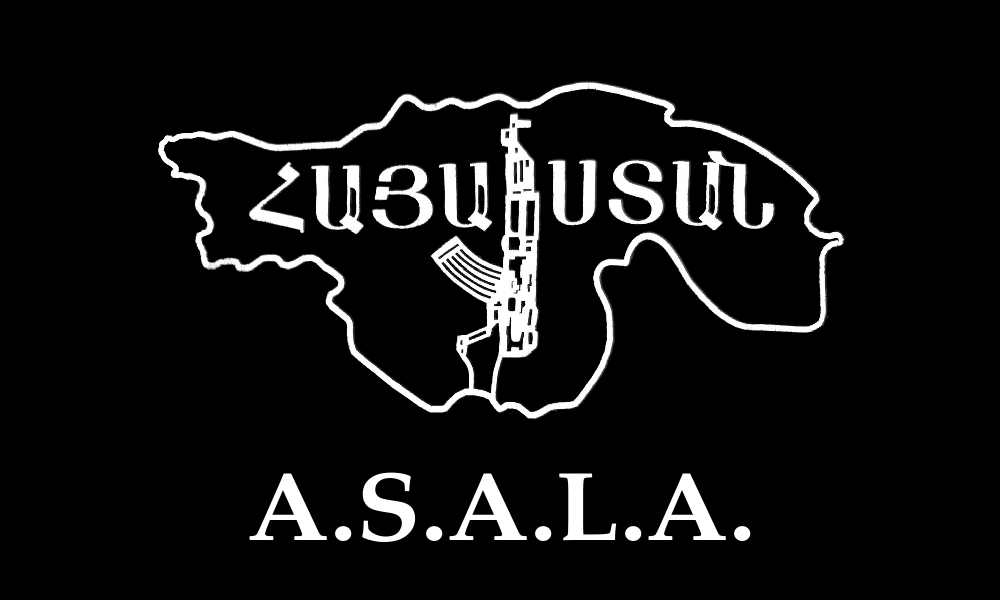 ASALA BUZZING ON THE ROAD TO NORMALIZATION BETWEEN TÜRKİYE AND ARMENIA
ASALA BUZZING ON THE ROAD TO NORMALIZATION BETWEEN TÜRKİYE AND ARMENIA
Hazel ÇAĞAN ELBİR 03.02.2023 -
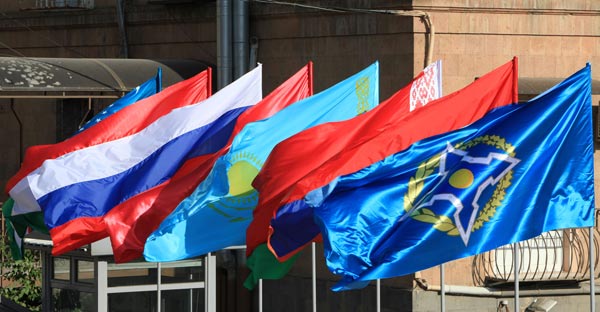 NEWLY APPOINTED SECRETARY GENERAL OF THE COLLECTIVE SECURITY TREATY ORGANIZATION AND RUSSIAN DOMINANCE OVER ARMENIA
NEWLY APPOINTED SECRETARY GENERAL OF THE COLLECTIVE SECURITY TREATY ORGANIZATION AND RUSSIAN DOMINANCE OVER ARMENIA
Hazel ÇAĞAN ELBİR 03.05.2017 -
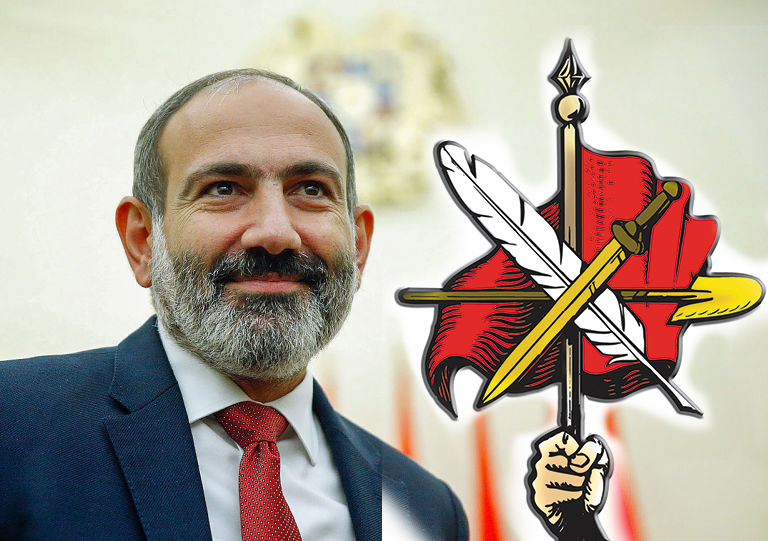 THE DECISIONS OF PASHINYAN ARE DISTURBING THE DASHNAKS
THE DECISIONS OF PASHINYAN ARE DISTURBING THE DASHNAKS
Hazel ÇAĞAN ELBİR 19.04.2024
-
NUMBER 21 OF THE REVIEW OF ARMENIAN STUDIES HAS BEEN PUBLISHED
AVİM 27.07.2010 -
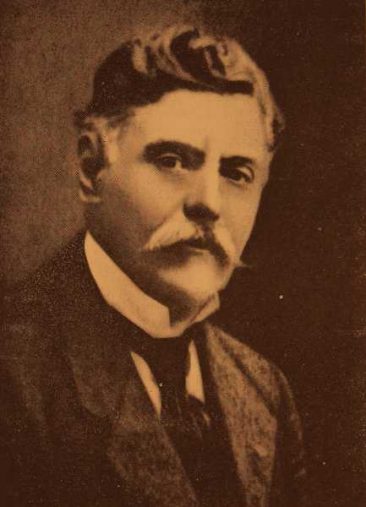 THE ARMENIAN APOSTOLIC CHURCH’S US EASTERN PRELACY NARRATES THE TREASON
THE ARMENIAN APOSTOLIC CHURCH’S US EASTERN PRELACY NARRATES THE TREASON
Ahmet Can ÖKTEM 25.05.2021 -
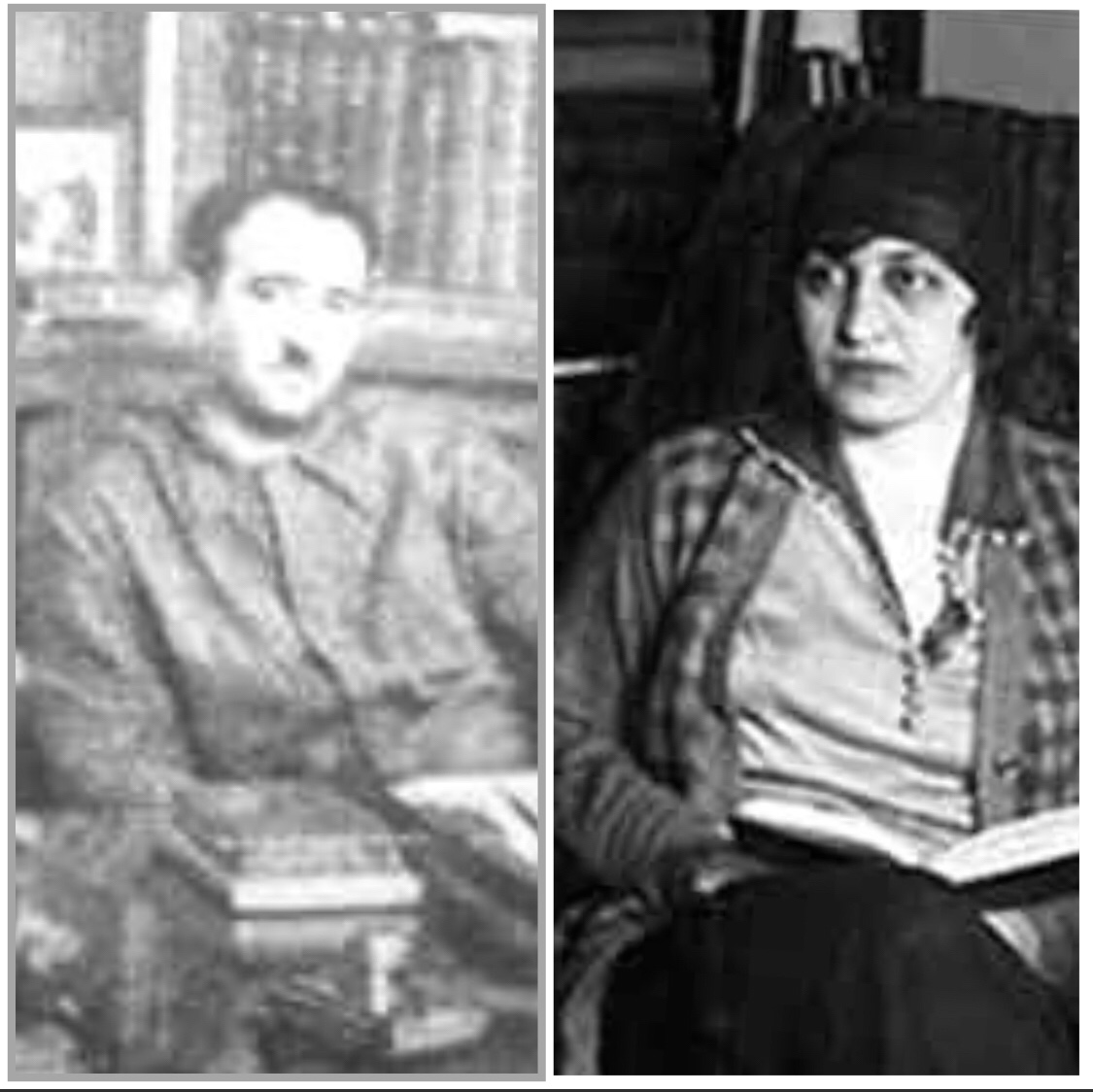 THE SMEARING OF KOPRULU AND ADIVAR BY THE CURRENT ADMINISTRATION OF THE OTTOMAN AND TURKISH STUDIES ASSOCIATION
THE SMEARING OF KOPRULU AND ADIVAR BY THE CURRENT ADMINISTRATION OF THE OTTOMAN AND TURKISH STUDIES ASSOCIATION
AVİM 11.01.2021 -
RECENT DEVELOPMENTS IN SOUTH CAUCASIA – ALEV KILIÇ
Alev KILIÇ 22.01.2014 -
THE AFTERMATH OF APRIL 24
Ömer Engin LÜTEM 11.05.2015
-
25.01.2016
THE ARMENIAN QUESTION - BASIC KNOWLEDGE AND DOCUMENTATION -
12.06.2024
THE TRUTH WILL OUT -
27.03.2023
RADİKAL ERMENİ UNSURLARCA GERÇEKLEŞTİRİLEN MEZALİMLER VE VANDALİZM -
17.03.2023
PATRIOTISM PERVERTED -
23.02.2023
MEN ARE LIKE THAT -
03.02.2023
BAKÜ-TİFLİS-CEYHAN BORU HATTININ YAŞANAN TARİHİ -
16.12.2022
INTERNATIONAL SCHOLARS ON THE EVENTS OF 1915 -
07.12.2022
FAKE PHOTOS AND THE ARMENIAN PROPAGANDA -
07.12.2022
ERMENİ PROPAGANDASI VE SAHTE RESİMLER -
01.01.2022
A Letter From Japan - Strategically Mum: The Silence of the Armenians -
01.01.2022
Japonya'dan Bir Mektup - Stratejik Suskunluk: Ermenilerin Sessizliği -
03.06.2020
Anastas Mikoyan: Confessions of an Armenian Bolshevik -
08.04.2020
Sovyet Sonrası Ukrayna’da Devlet, Toplum ve Siyaset - Değişen Dinamikler, Dönüşen Kimlikler -
12.06.2018
Ermeni Sorunuyla İlgili İngiliz Belgeleri (1912-1923) - British Documents on Armenian Question (1912-1923) -
02.12.2016
Turkish-Russian Academics: A Historical Study on the Caucasus -
01.07.2016
Gürcistan'daki Müslüman Topluluklar: Azınlık Hakları, Kimlik, Siyaset -
10.03.2016
Armenian Diaspora: Diaspora, State and the Imagination of the Republic of Armenia -
24.01.2016
ERMENİ SORUNU - TEMEL BİLGİ VE BELGELER (2. BASKI)
-
AVİM Conference Hall 24.01.2023
CONFERENCE TITLED “HUNGARY’S PERSPECTIVES ON THE TURKIC WORLD"









